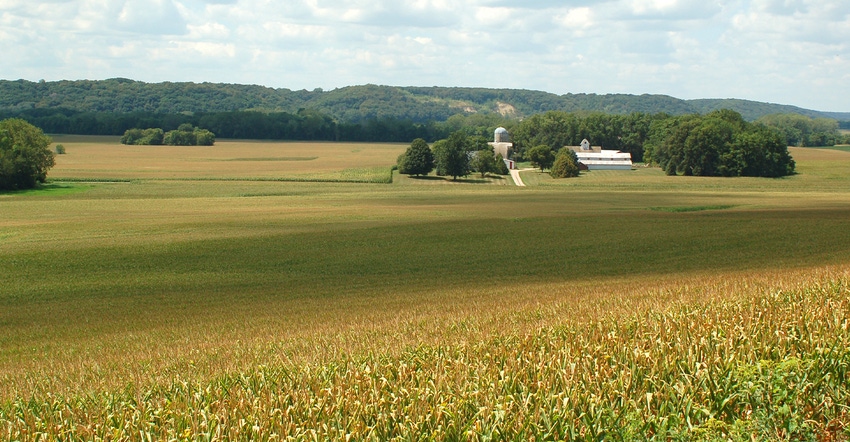February 21, 2020

New and potential farmers in Minnesota face multiple barriers that make it more difficult for the next generation to enter or stay in agriculture, more than 200 people told the Minnesota Department of Agriculture in six listening sessions around the state and online in the fall of 2019.
The results of those meetings have been collected in the Emerging Farmers in Minnesota report to the state Legislature, which is now available on MDA’s website.
The report lays out recommendations on reducing or eliminating those barriers and suggests creating an Emerging Farmers Task Force to provide expert guidance on how to achieve those goals.
The term “emerging farmers” encompasses a number of underserved communities including women, veterans, persons with disabilities, Native Americans and Alaska Natives, communities of color, young and beginning farmers, LGBTQ+ farmers and more.
The MDA report reflects the state’s need to address the future of farming. With the average age of a Minnesota farmer at 56 years old, farm transition and succession planning are critically important for the future of the sector. Within this large-scale land transfer is an opportunity to create pathways for building wealth in historically underserved communities within Minnesota, according to MDA.
“People who identify as emerging farmers feel unseen in the current system,” according to a news release from Patrice Bailey, MDA assistant commissioner. “We have tried to identify in this report ways to make our agricultural economy more inclusive to all who want to share in it. This report is an important step in identifying the biggest barriers to entry that prevent many Minnesotans from owning and operating their own farms.”
During the listening sessions, MDA took notes of comments and assembled them into several categories. Reoccurring issues reflecting the challenges faced by emerging farmers included financial barriers, racism, sexism, discrimination, land access, rural health care, health insurance, farm industry support catering to larger operators, market access and infrastructure, broadband, and navigating regulations.
Based on comments received, MDA’s recommendations included the following:
Create a task force to provide guidance to the ag commissioner on developing programs and initiatives that support emerging farmers.
Increase the agricultural microloan program from $10,000 to $20,000.
Create a one-stop shop for resources for emerging farmers, which includes training resources, grants and funding opportunities, and other materials.
Classify agriculture more broadly for apprenticeship eligible professions.
Address health insurance costs and student loan debt for emerging farmers.
Support equity and inclusivity training in farming communities to strengthen connections between current farmers and emerging farmers.
Audit state programs that support farmers for equity and unintended biases and consequences of funding.
Create specific grant opportunities for emerging farmers that assist with establishing a farm business.
Implement advanced payment options for grant funding for emerging farmers, based on the USDA Natural Resources Conservation Service Environmental Quality Incentives Program.
Provide trainings to farm service providers that help reduce barriers for emerging farmers, including equity and implicit bias training, and alternative models of agriculture (regenerative, direct-marketing, perennial etc.).
Create budget for translation services and build translation of documents into processes for state agencies.
Provide funding for farm service providers to translate materials and trainings.
Advance farm-to-school/institution initiatives as a market development tool for emerging farmers.
Market the stories of emerging farmers to show examples of how farming can be practiced.
Source: MDA, which is solely responsible for the information provided and is wholly owned by the source. Informa Business Media and all its subsidiaries are not responsible for any of the content contained in this information asset.
You May Also Like




